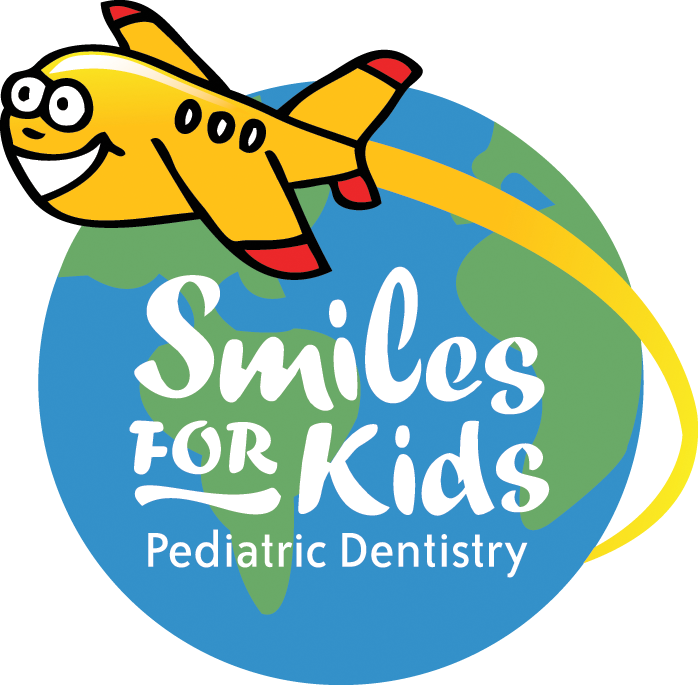Is A Kiss Alright? Facts about Oral Bacterial Transfer from Parents and Caretakers to Children
/Moms will not be too happy to hear what their kids’ dentists have to say about the transfer of oral bacteria. First is that most dental diseases experienced by children are caused by bacteria spread through kissing kids in the mouth. Second – and hold your breath – according to a 2008 Pediatric Dentistry study, moms are said to be the primary culprit.
However true this information is, it wouldn’t stop a mother from showing affection or kissing her little bundle of joy. After all, who could really resist cuddling and kissing their little ones? Instead, mothers, fathers and children’s care givers, should be armed with information on how to stop carrying and spreading harmful oral bacteria and they should put these facts to good use.
Understanding the transfer of oral bacteria
Before the first tooth appears, a baby’s mouth is usually free from cavity causing bacteria. Three things are needed to cause cavities: harmful bacteria, susceptible surface (tooth) and sugar source. When a new tooth erupts, bacteria can be transferred through an infected droplet of saliva. The type of bacteria that is said to be a common cause of tooth decay and found in human oral cavity is called Streptococcus mutans. It can only be transmitted through saliva of individuals infected with these bacteria. A good indicator of aggressive bacteria is active or past tooth decay.
It is important to note that the most critical stage for decay formation is within the first few months of eruption of teeth. Pearly whites are most vulnerable at this point because the enamel is still soft and development is finishing. So transfer of decay causing bacteria is most harmful at this stage. Untreated, bacteria can survive for many years, form a colony and damage even permanent teeth.
Breaking old habits
Kissing is just one of the hard habits to break. Aside from kissing babies in the mouth, most parents and caregivers blow on children’s food or share utensils and food with the tots. Some parents are even guilty of sharing toothbrushes with their kids, cleaning pacifiers with their mouth, and chewing their kids’ food first to make it easier to bite. These activities are even more harmful than kissing if the adults are infected with Streptococcus mutans. While it is really difficult for many of us to get rid of these practices it is critical to the little ones’ health that we do so. For example, prepare a different set of utensils for baby’s use only and never clean a pacifier in your own mouth.
Within the first 6 months of appearance of the first tooth or before the child reaches one year of age, bring the child to a pediatric dentist. Dr. Lindhorst and her team is highly experienced in handling oral bacterial infections of children and guiding parents on how to avoid childhood decay. In addition, to avoid infecting children, adults should also visit their dentists regularly and make sure they are free from such bacteria by controlling their cavities and getting thorough cleanings.
For pregnant women, chewing Xylitol gum or mints from the sixth month of pregnancy is said to prevent or minimize oral bacteria transfer from moms to babies. It is also important that pregnant women visit their dentist for a cleaning and check-up.
